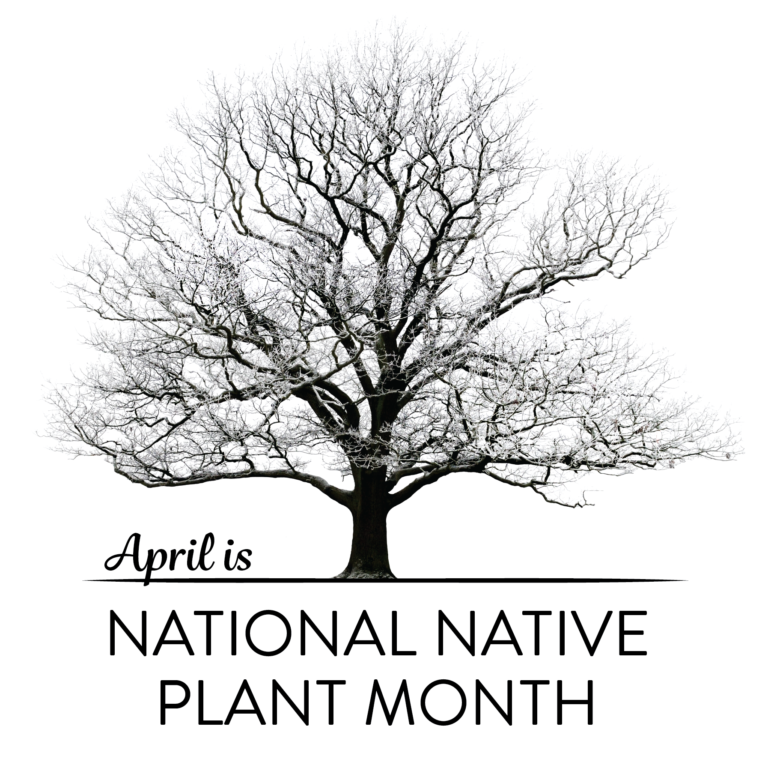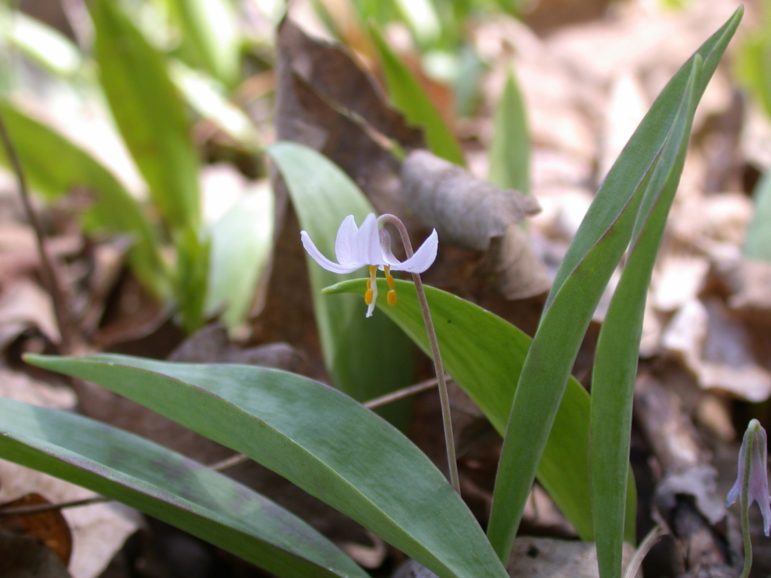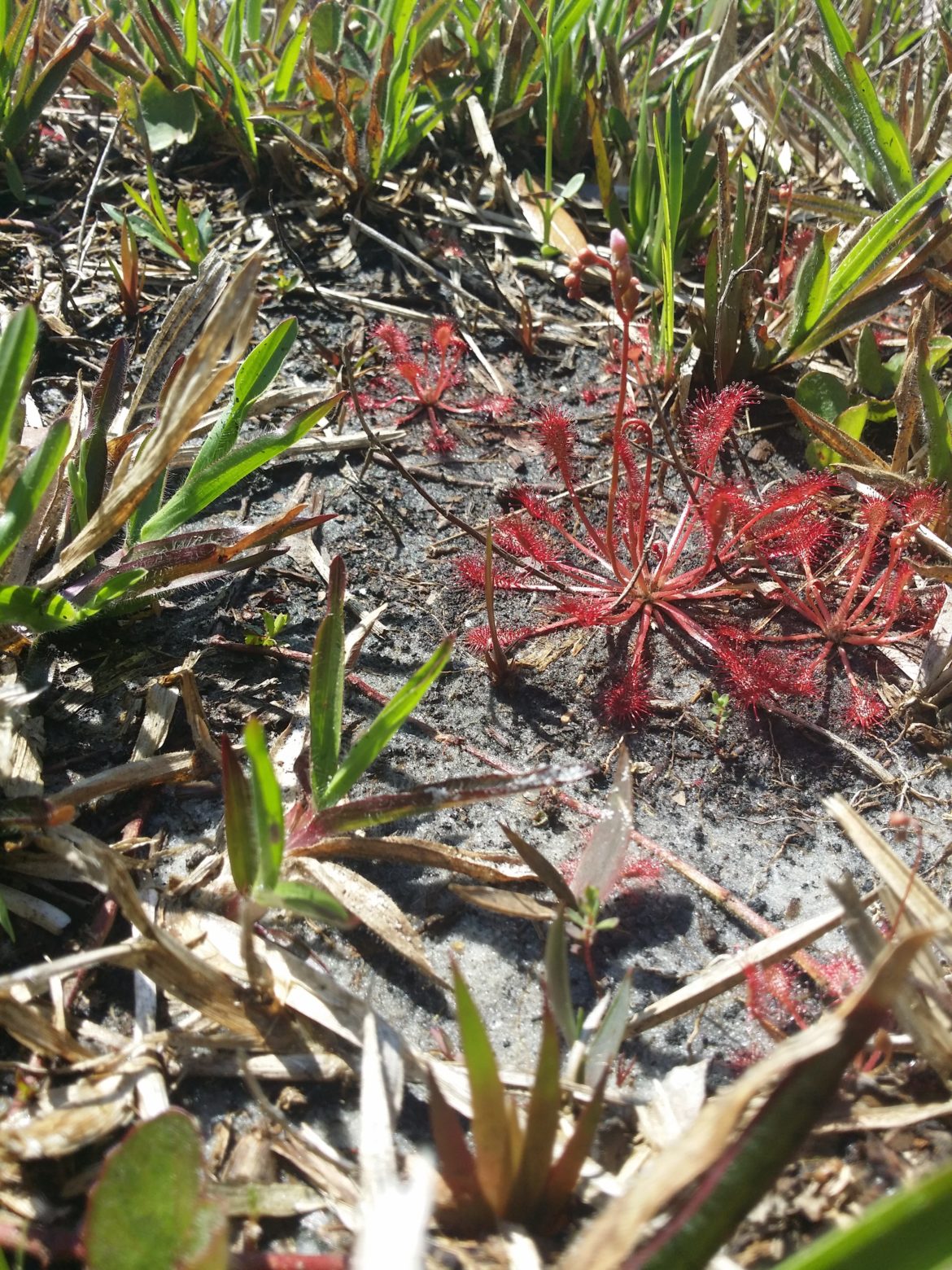MIAMI – Various states and municipalities celebrated native plant month at different times throughout the year. April is now National Native Plant Month.

Two weeks ago, U.S. Senators Rob Portman (R-OH) and Mazie K. Hirono (D-HI) introduced a resolution designating April as “National Native Plant Month” to recognize the critical importance of native plants to environmental conservation and restoration as well as the economy. Native plants also support local biodiversity of indigenous wildlife communities and habitat restoration. The U.S. Senate passed the bill unanimously on April 1, 2022.
The U.S. Forest Service notes that, “Native plants are adapted to the local climate and soil conditions where they naturally occur. These important plant species provide nectar, pollen, and seeds that serve as food for native butterflies, insects, birds, and other animals. Unlike natives, common horticultural plants do not provide energetic rewards for their visitors and often require insect pest control to survive.”
Not only are native plants part of the local heritage, but they are also adapted to local climate and soil conditions allowing them to flourish with minimal attention and care. They are typically more drought-resistant and require less water than species brought in from other regions. Native plants generally require less fertilizers and fewer pesticides than plants from other regions and lawns.
“I am proud to introduce this bipartisan resolution designating April 2022 as National Native Plant Month,” Senator Portman said. “From stabilizing soil and filtering air and water to providing shelter and food for wildlife, native plants play an indispensable role in supporting resilient ecosystems as well as in our everyday lives. This bipartisan resolution highlights the importance of native plants and celebrates our rich ecological heritage here in Ohio and across the nation.”
Senator Hirono added, “Native plants are an important piece of Hawaii’s history, culture, and environment. As home to 44 percent of our country’s threatened and endangered plant species, in Hawaii, we understand the importance of protecting and preserving our native biodiversity. I’m pleased to introduce this bipartisan resolution to recognize April as National Native Plant Month and encourage all Americans to protect and incorporate native plants in their own communities,” said Hirono.
The text of the bill notes that “more than 200 of the native plant species in the United States are estimated to have been lost since the early 19th century” and that “habitat loss and degradation, extreme weather events, and invasive species have contributed to the decline of native plants in the United States.”

Smooth Solomon’s seal (Polygonatum biflorum) at Rock Island Woods, Wisconsin (2010). Similar to the Polygonatum biflorum var. melleum which is now extinct – Image credit: Joshua Mayer – CC BY-SA 2.0
Indeed, the National Audubon Society says that, “Restoring native plant habitat is vital to preserving biodiversity. By creating a native plant garden, each patch of habitat becomes part of a collective effort to nurture and sustain the living landscape for birds and other animals.”
They further note that the U.S. has lost some 150 million acres of habitat and farmland to urbanization. That loss includes all manner of ecological communities from native oak forests to wetlands.
Native plants are not always as “pretty” as their more cultivated counterparts. Indeed, columnist Dave Barry wrote in The Miami Herald in 1983, “Americans would rather live next to a pervert heroin addict Communist pornographer than a person with an unkempt lawn.”
Scientists have predicted an accelerated decline in insects and with them, pollinators and butterflies. That decline and media attention to the plight of charismatic insects lie Monarch butterflies have spurred many individuals to include native plants in their yards.
John Rowden, senior director for Bird-Friendly Communities at the National Audubon Society said, “The modern world presents numerous challenges to birds, including pollution, habitat loss and a changing climate. Native plants support birds and other wildlife, providing food, shelter, and nesting sites. Because they are adapted to local conditions, native plants require less water and don’t need pesticides or fertilizers to thrive. We hope this resolution will encourage people to use more native plants, which will benefit their communities and the birds and other wildlife that share them.”

Minnesota dwarf trout lily (Erythronium propullans) endemic to to a small area of Minnesota and listed as endangered – Public Domain
State organizations focused on preserving native plants embraced the bill enthusiastically.
Bonnie Basham, President of the Florida Native Plant Society said, “The Florida Native Plant Society is pleased to support this Resolution which celebrates the relationship between native plants and every aspect of our daily lives. Native plants provide habitat, serve as a food source, and are an essential prerequisite to the conservation of our native wildlife for generations to come.”
Doug Ripley, President of the Arizona Native Plant Society said that designating April as National Native Plant Month, “would definitely raise the awareness of the American people to the absolutely crucial role native plants play in helping to maintain environmental stability, diverse and sustainable ecosystems, and the aesthetic qualities of native plants for the enrichment of the lives of all Americans.”

The carnivorous Pink Sundew (Drosera capillaris ), one of the native sundews of Florida. [Photo credit: MJTM]
For those interested in growing native plants, native plant societies are found in every state and province in North America. The Native Plant Society which is “committed to preserving native plant habitat in wild areas and restoring indigenous flora to developed areas” shares a list of native plant societies as well as international chapters and resources.
The American Horticultural Society also compiles a list of native plant societies in the U.S. and Canada. Another resource is Wild Ones, an organization that “promotes environmentally friendly, sound landscaping to preserve biodiversity through the preservation, restoration, and establishment of native plant communities.”
It is important to note that native plants should never be harvested from the wild. Some are commercially exploited, and others are regulated or endangered. Native plant societies can recommend sources for native plants. Local master gardeners and master naturalists can also recommend nurseries that specialize in native plants.
The Wild Hunt is not responsible for links to external content.
To join a conversation on this post:
Visit our The Wild Hunt subreddit! Point your favorite browser to https://www.reddit.com/r/The_Wild_Hunt_News/, then click “JOIN”. Make sure to click the bell, too, to be notified of new articles posted to our subreddit.
